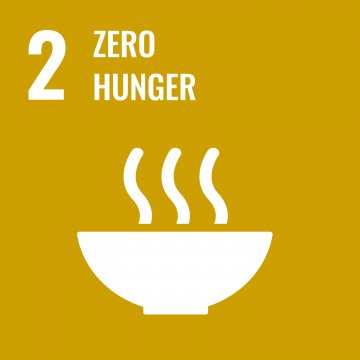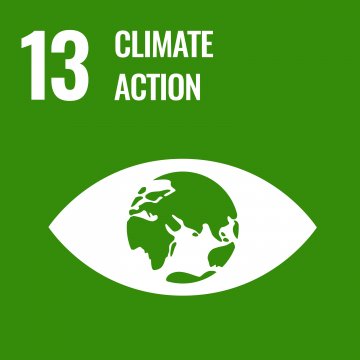Femmes de terre
The aim of the "Femmes de terre" project is to increase the resilience of Senegal's rural communities by strengthening small-scale farming in the face of climate change.
The aim is to build the capacity of women's groups to maintain, restore and manage natural resources (water, trees, soil) and increase their productivity by rehabilitating ecosystems and farmland. Over a 24-month period, the project


Third Millenium Foundation, Temperatio, Canton of Basel, Canton of Aargau, Municipality of Plan-les-Ouates
Beneficiaries
2800 beneficiaries
Total cost
CHF 160,000
Duration
2021-2023 (24 months)
Consequences of deforestation
In Senegal, as in the rest of Sub-Saharan Africa, the consequences of deforestation are contributing to the continuing impoverishment of rural communities, and to the growing vulnerability of farmers to food insecurity and the need to feed their families, to the gradual loss of their fields (their only working tool) and to the increasing scarcity of natural resources due to climate change. It is estimated that small-scale farmers provide 80% of our food, yet they are the most affected by food and nutritional insecurity and the least supported by governments.
While agriculture remains the main driver of deforestation worldwide, there is an urgent need to foster positive interactions between agriculture, forests and natural resource management, and to promote agro-ecology. Forests play an essential role in the water cycle, soil conservation, carbon sequestration and the protection of habitats, including those of pollinators. According to the latest FAO report on "The State of the World's Forests 2016", to meet the growing global demand for food and other land-based products, we will need high-productivity landscapes that are managed sustainably. Another FAO report in 2017 published on the symbiotic role of legumes for sustainable agriculture, cover crops and rotation can help restore soil health.
Access to land for women
As in other Sub-Saharan African countries, Senegalese rural women produce, process and market most of the food consumed in households. Their contribution to food security is clearly very significant (up to 80%). This contribution could be even greater if they had the same equal opportunities as men in terms of access to resources (land, finance, etc.). In a country like Senegal, where 76% of the poorest people live in rural areas, giving rural women greater access to essential production factors (land, finance) is clearly a powerful lever for the country to achieve food sovereignty.
The right to adequate food, the right to land and natural resources and gender equity are fundamental to food and nutrition issues. That's why we have developed the "Femmes de terre" project, to work on the very causes of this vulnerability.